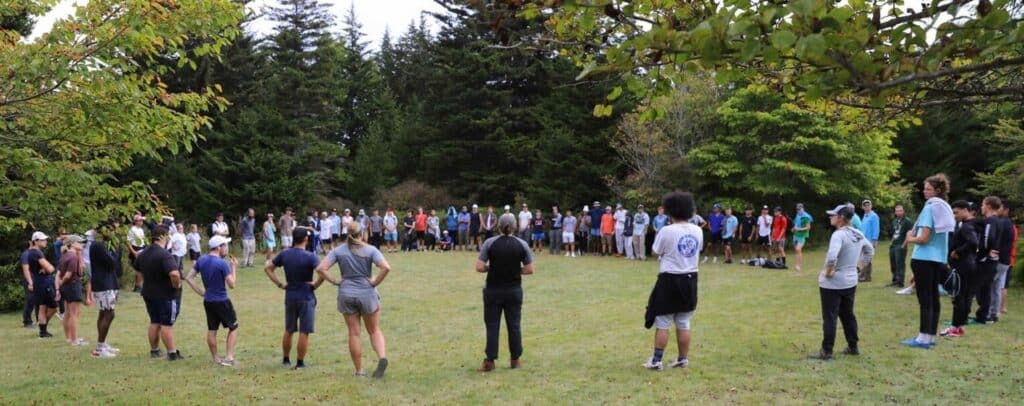The Value of Outdoor Education to Your Students and School’s Curriculum
Outdoor EducationFor as long as we can remember, private and independent schools have recognized the transformative power of experiential learning, and that’s particularly true when it involves outdoor and adventure-based activities. While all educators are trained and encouraged to seek innovative ways to engage students in their own education, private and independent schools have traditionally been more likely to partner with an organization like ours to create a custom outdoor program that reinforces their curriculum and culture.
Here at The National Center for Outdoor Adventure and Education (NCOAE), we assist all types of schools — including private and independent ones — to seamlessly incorporate outdoor and adventure-based experiential education into their curricula.

By exploring the benefits, practical considerations, and implementation strategies, we work closely with these schools to enhance their educational offerings. And when we succeed, we find we have awakened and nurtured a sense of adventure in their students. In addition, we have supported the development of well-rounded youth who are better equipped for success in academics, peer interactions, and the communities in which they live.
Benefits for Students
Participation in our highly customized and curriculum-based outdoor education programs contributes to higher student retention rates, higher grade averages, and positive changes in a student’s “Five C’s” — Competence, Character, Connection, Confidence, and Caring.
At NCOAE, our custom programs for private, independent, and even open enrollment summer camp expeditions for teens are built on our Theory of Change: (more…)
TALK TO US
Have any further questions about our courses, what you’ll learn, or what else to expect? Contact us, we’re here to help!